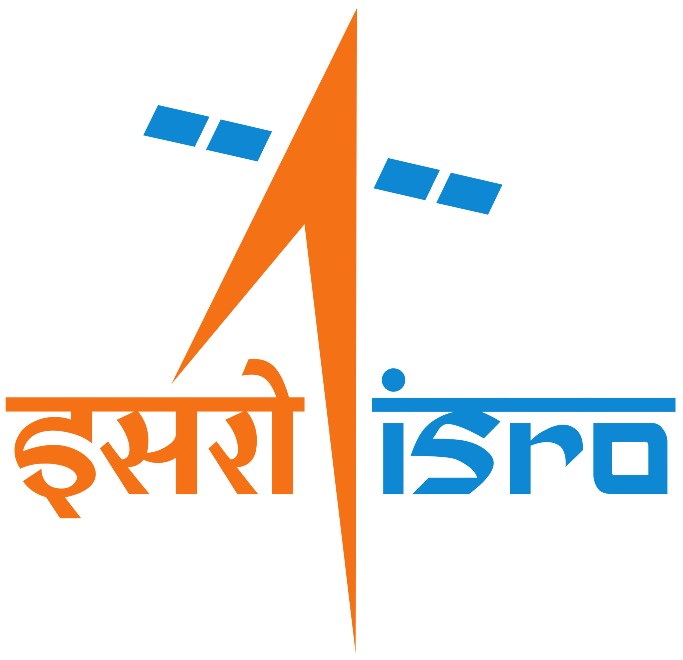
NEW DELHI (PTI): The Government on Thursday approved the Indian Space Policy 2023 that seeks to institutionalise the private sector participation in the space sector, with ISRO focusing on research and development of advanced space technologies.
The Indian Space Policy-2023, approved by the Cabinet Committee on Security (CCS) chaired by Prime Minister Narendra Modi, also delineated the roles and responsibilities of ISRO, space sector PSU NewSpace India Limited (NSIL) and Indian National Space Promotion and Authorization Center (IN-SPACe).
"In brief, the Indian Space Policy will offer clarity in the role of the components set up (in the recent past)," Union minister Jitendra Singh told reporters in New Delhi.
Singh said the policy will allow the private sector to take part in end-to-end space activities that include building satellites, rockets and launch vehicles, data collection and dissemination.
He said strategic activities related to the space sector will be carried out by NSIL, a public sector undertaking under the Department of Space, which will work in demand-driven mode.
When contacted, ISRO Chairman S Somanath told PTI that the focus of the Space Policy would be to increase the participation of private players in the space sector.
The INSPACe, created recently, will be the interface between Indian Space Research Organisation (ISRO) and non-governmental entities, Somanath said.
He said the policy also spells out the framework for the private sector to use ISRO facilities for a small charge and also encourages them to invest in creating new infrastructure for the sector.
Somanath said ISRO will not do any operational and production work for the space sector and focus its energies on developing new technologies, new systems and research and development.
The operational part of ISRO's missions will be moved to the NewSpace India Limited, a public sector undertaking under the Department of Space.
Somanath said India's share in the global space economy was less than two per cent at present and the space policy will help it increase substantially to 10 per cent in the future.
"This is a historic moment as the cabinet has approved the Indian Space Policy 2023. It will pave the way forward with much-required clarity in space reforms and augment private industry participation to drive the space economy opportunity for the country," Lt Gen A K Bhatt (retd), Director General Indian Space Association, told PTI.
Bhatt said the private sector had been waiting for the policy for quite some time and the announcement on Thursday came as a pleasant surprise.
"We keenly await and look forward to going through the details of the policy. We would like to thank the Prime Minister for his visionary leadership with a special focus on long-due reforms in the Indian space sector," Bhatt said.
 Previous Article
Previous Article Next Article
Next Article












The Indian Air Force, in its flight trials evaluation report submitted before the Defence Ministry l..
view articleAn insight into the Medium Multi-Role Combat Aircraft competition...
view articleSky enthusiasts can now spot the International Space Station (ISS) commanded by Indian-American astr..
view article